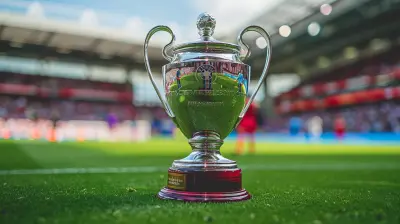The Role of Athlete Endorsements in Shaping Sports Culture
17 July 2025
If you’ve ever bought sneakers just because your favorite player wore them or tried a drink you saw an athlete sipping on in a commercial—congrats, you've experienced the power of athlete endorsements firsthand. It's not just about celebrity plugs or flashy ads. Athlete endorsements go way deeper. They're like the heartbeat of sports culture, quietly (or sometimes very loudly) changing the way we see sports, athletes, and even ourselves.
In this article, we’re gonna dive into how influential these endorsements really are, how they shape trends, inspire fans, affect brand loyalty, and even forge cultural movements. Grab your favorite team jersey, because this one’s going deep into the game behind the game.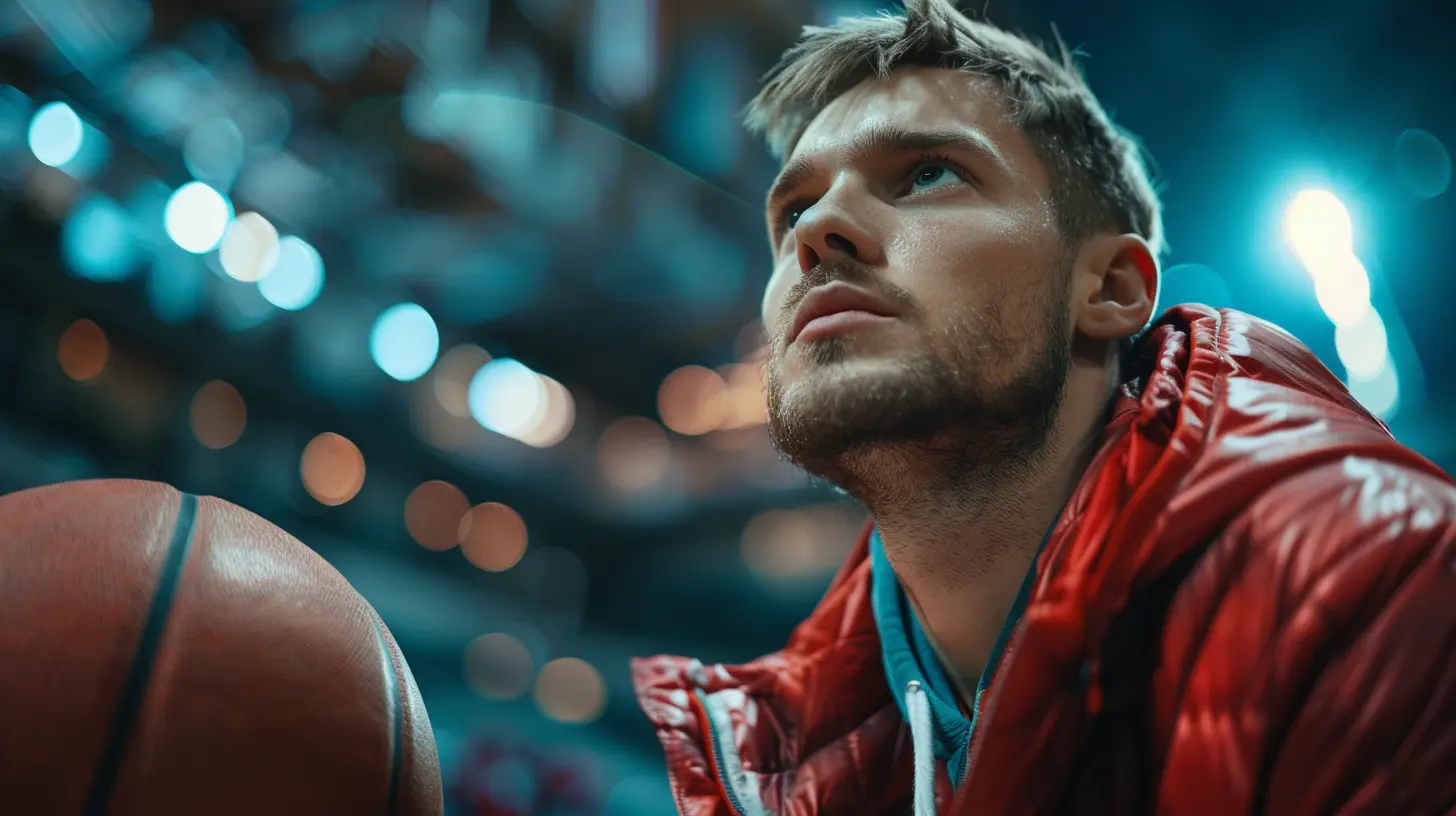
What Are Athlete Endorsements, Anyway?
Alright, let’s start with the basics.Athlete endorsements are when sports stars get paid to represent a brand. This could be as simple as wearing branded gear on the field, posting on social media, or starring in commercials that run during Super Bowl Sunday. In return, brands aim to tap into the athlete’s fan base, reputation, and influence.
It’s a win-win, right? The athlete gets a fat paycheck, and the brand gets visibility and credibility. But the real magic? That happens when fans start connecting emotionally with both the athlete and the brand.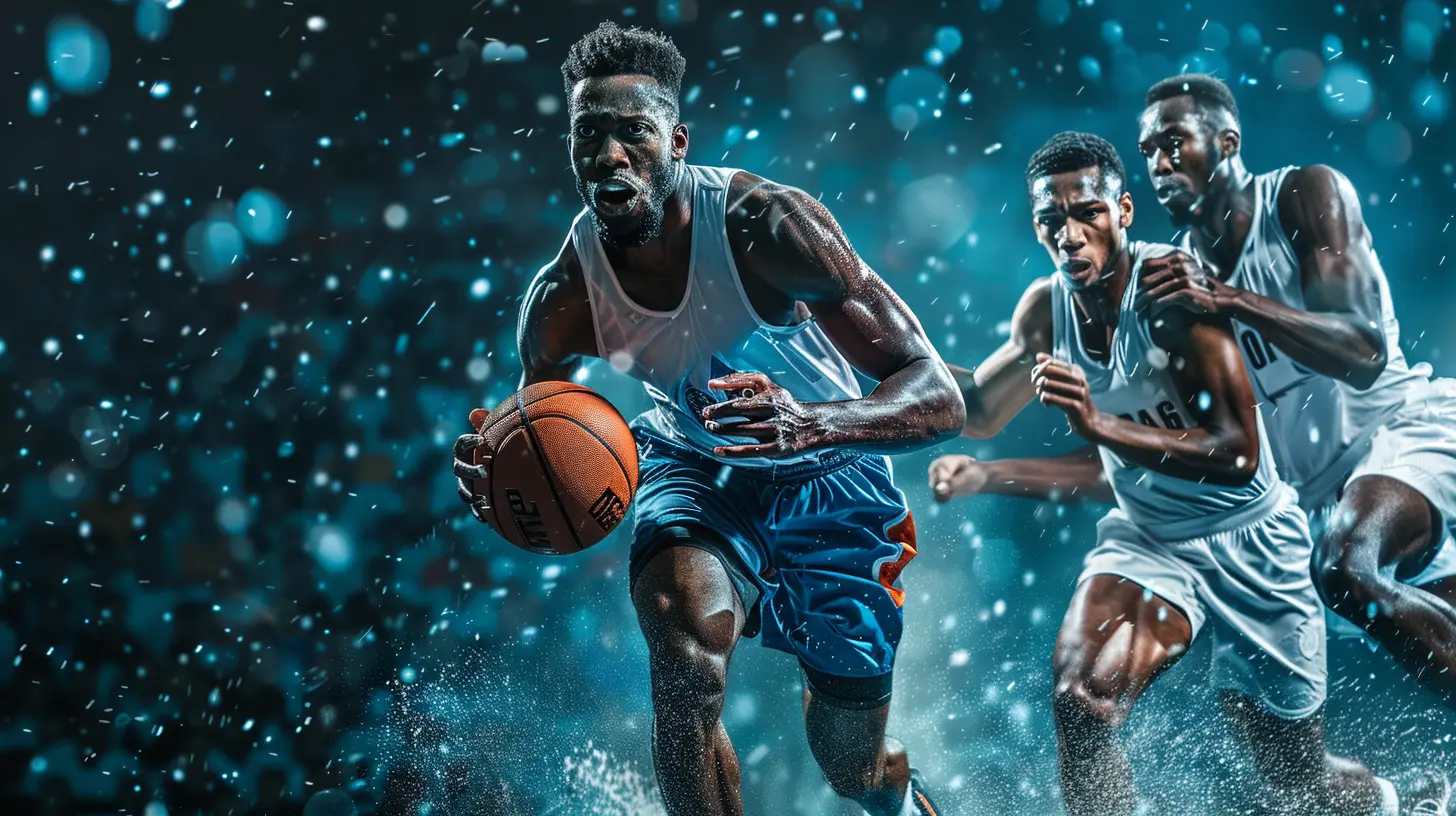
From Hero to Influencer: The Evolution of the Athlete Endorsement
Back in the day, endorsements were pretty straightforward. You'd have baseball legends like Babe Ruth promoting cigarettes (yeah, that happened). But as sports became more televised and athletes turned into international icons, things shifted.Fast forward to now, and we’ve got athletes with millions of followers on Instagram, TikTok, and X (formerly Twitter). They’re more than just players—they're content creators, role models, fashion icons, and sometimes even political voices.
Think about how LeBron James uses his platform—not just to promote Nike shoes, but also to speak out on social issues. Or Serena Williams, who redefined what strength and style mean in women’s sports while endorsing everything from Gatorade to Wilson. These aren’t just commercials; they're culture-defining moments.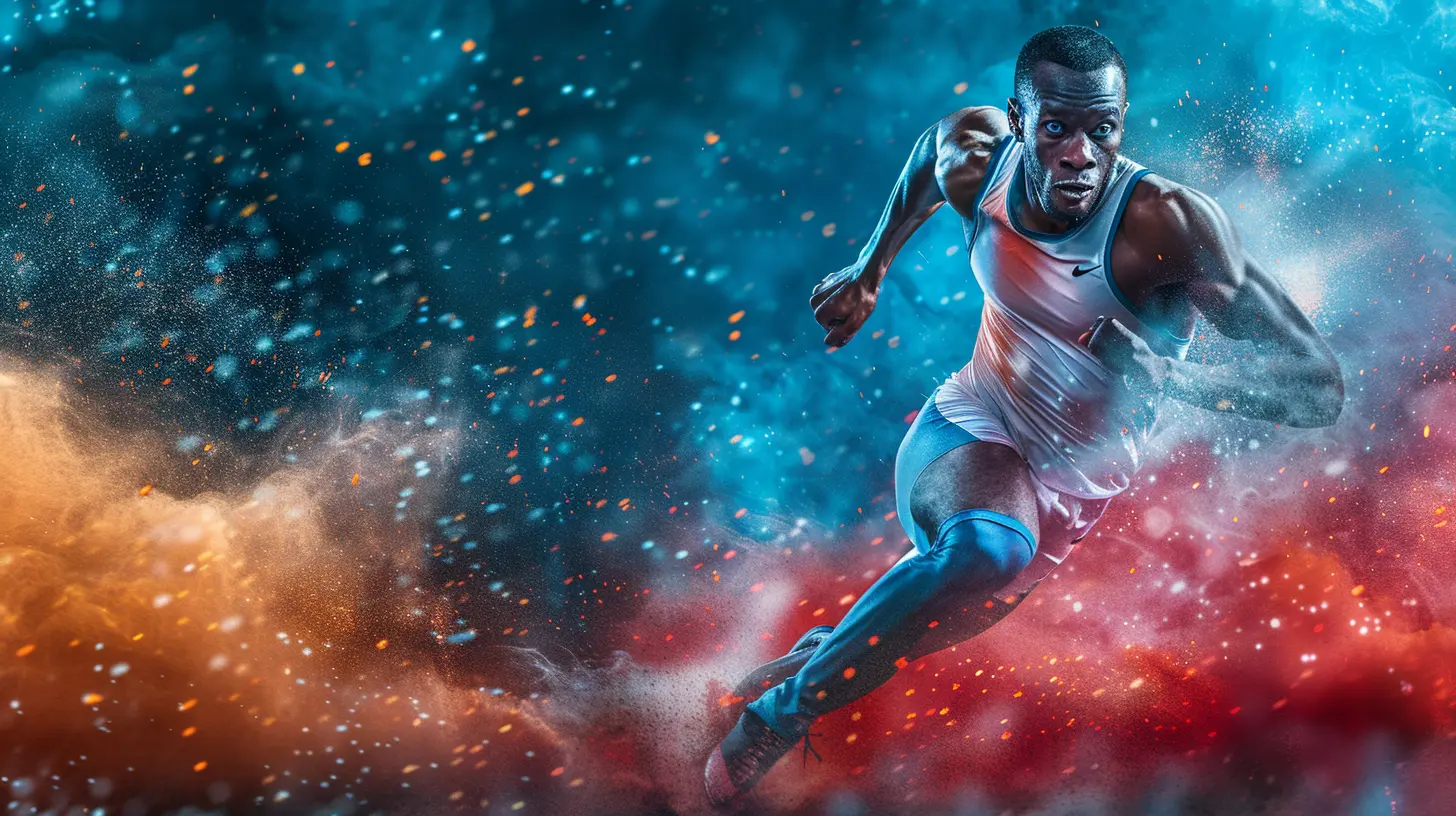
Why Do These Endorsements Matter So Much?
Let’s be real—athlete endorsements pack a punch for a few solid reasons:1. Trust and Credibility
We trust athletes. Why? Because we see their dedication, their training, their hustle. So, when our favorite athlete puts their name behind a product, we’re more likely to believe that it’s worth trying. It’s like getting a recommendation from a friend who actually knows what they’re talking about.2. Aspirational Appeal
Athletes represent the peak of human performance. They’re strong, fast, focused—everything we want to be. So if wearing the same shoes or using the same protein powder makes us feel even a little bit like them, we’re in.3. Cultural Influence
Athletes have the power to shape conversations, trends, and even social norms. When they stand behind a brand, that brand becomes part of a bigger story. It’s not just product placement—it’s cultural placement.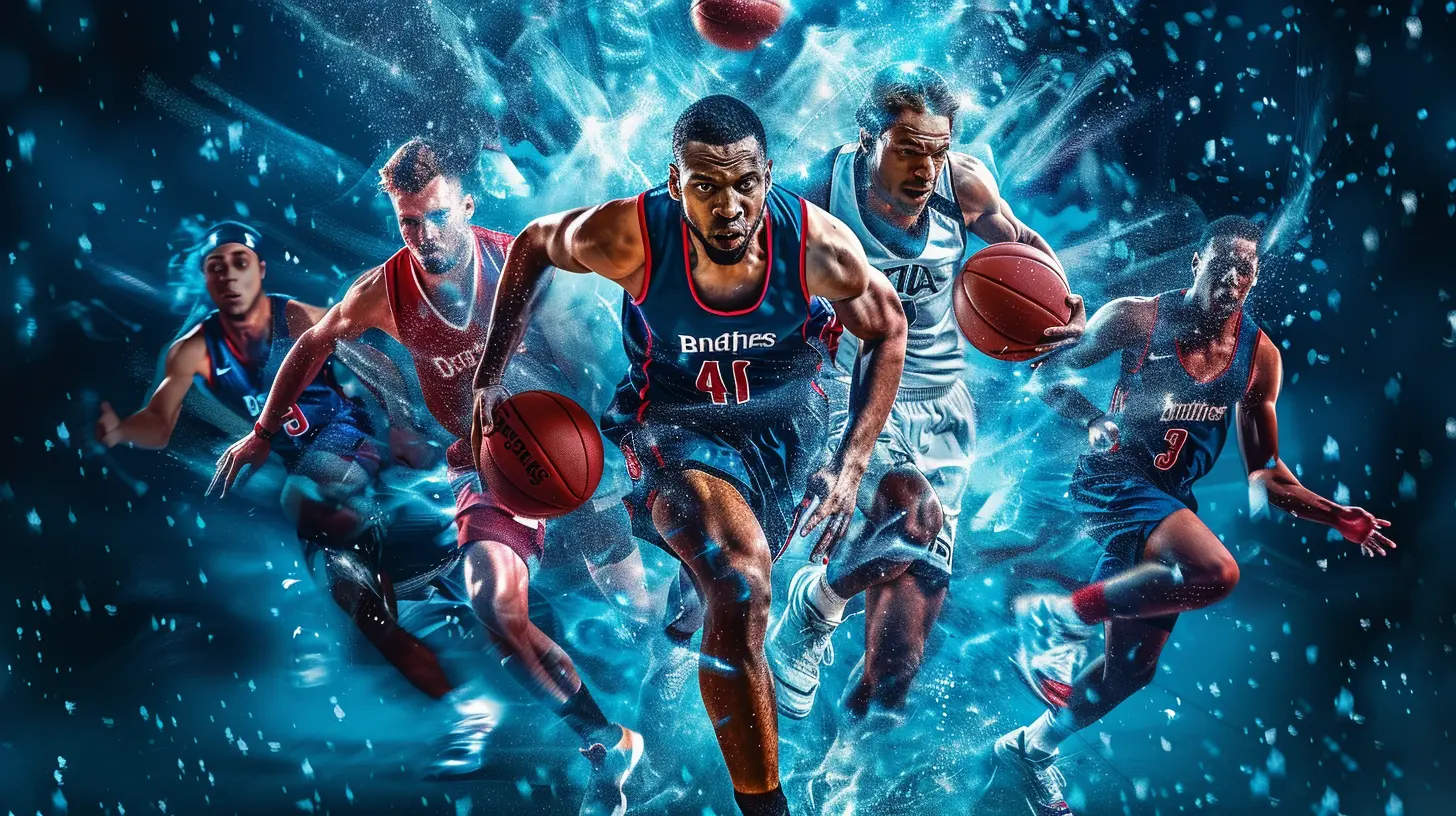
Shaping Sports Fashion: The “Sneakerhead” Phenomenon
When Michael Jordan and Nike dropped the Air Jordan 1 in 1985, the world changed. Those shoes weren’t just for the court—they became fashion statements, collectibles, and even symbols of rebellion.That was the birth of the sneakerhead culture, a movement that merged sports, streetwear, and hip-hop. Today, athlete-endorsed sneakers drop like limited-edition art pieces, complete with launch events, resellers, and long queues.
The ripple effect? Athletes are now key players (pun intended) in the fashion game. From Russell Westbrook’s bold looks to Naomi Osaka launching her own activewear line, endorsements aren't confined to performance gear anymore—they’re setting style trends on and off the field.
Inspiring the Next Generation
Endorsements aren’t just about selling stuff—they’re about storytelling. When a young athlete sees Simone Biles in a Nike ad, it tells them: "You belong here, too." Representation matters. Especially when it comes with a paycheck.Brands that sign diverse athletes send a message—about inclusion, opportunity, and the power of breaking barriers. It's why seeing an athlete like Coco Gauff on a billboard matters. It’s not just marketing—it’s mentorship on a massive scale.
The Economic Power Play
Let’s talk dollars and cents for a sec.Athlete endorsements mean big money. For both the athlete and the brand. According to Forbes, some top athletes make more from endorsements than their actual sports salaries. Just look at Roger Federer, who reportedly made over $90M in one year—most of it from deals with brands like Uniqlo and Rolex.
And the brands? They’re cashing in too. Aligning with the right athlete can skyrocket product sales. Remember when Cristiano Ronaldo moved a Coca-Cola bottle during a press conference and their stock value dipped by billions? That’s the kind of influence we’re talking about.
This economic power means one thing—athletes are more than just players. They're entrepreneurs, brand builders, and marketing machines.
It’s Not Just the Superstars
Sure, we all know the LeBrons and the Beckhams. But athlete endorsements aren't only reserved for big names. Social media has opened the door for micro-influencers—athletes with smaller but super-loyal fanbases.Take NCAA athletes, for example. Thanks to recent changes in NIL (Name, Image, and Likeness) rules, college athletes can now monetize their personal brands. That means student-athletes are landing endorsement deals before they even go pro. It’s a whole new era of opportunity—and it’s widening the playing field.
When Endorsements Go Beyond the Game
Some endorsements do more than just push a product—they spark change.Think of Colin Kaepernick’s Nike campaign. It wasn’t just about selling shoes—it was about standing for something. The campaign stirred debate, won awards, and, most importantly, showed that brands could take a stand through athlete partnerships.
These kinds of endorsements put values front and center. They show that sports culture isn’t just about wins and losses—it’s about identity, belief, and community.
The Flip Side: Risks of Athlete Endorsements
Alright, we gotta keep it real. It’s not always sunshine and sponsorship deals.When an athlete’s reputation takes a hit—say, a scandal or controversy—brands can suffer. No one wants to be tied to a name that’s trending for the wrong reasons. That’s why companies vet athletes carefully and often include “morality clauses” in endorsement contracts.
But even in these cases, how a brand responds can actually shape the narrative. Drop the athlete and distance yourself? Or stand by them and ride it out? These decisions send strong signals to fans about what a brand truly stands for.
How Social Media Revolutionized Athlete Endorsements
Here’s the game-changer—social media. It completely flipped the script.Now, athletes don’t need a primetime TV spot to promote a brand. One Instagram post, one tweet, or one TikTok challenge can reach millions. And it feels more personal, more authentic, more real.
That authenticity is gold—for both athletes and brands. Because fans don’t just want to see an athlete holding a bottle of energy drink. They want behind-the-scenes stories. They want to know what the athlete uses, loves, and believes in. In short, they want connection.
What This Means for the Future of Sports Culture
Here’s where things get really exciting.Athlete endorsements are no longer just marketing tools—they’re cultural milestones. They’re shaping how we see heroes, how we define success, and how we relate to brands.
Tomorrow’s athlete won’t just be judged by their stats but by their voice, their influence, and their ability to connect. Brands that recognize this—and fans who support it—are helping rewrite the playbook of sports culture in real-time.
We're seeing a new kind of MVP. Not just Most Valuable Player, but Most Valuable Partner. Someone who influences minds, moves markets, and motivates millions.
Final Thoughts
So, the next time you catch an athlete in a commercial or see a jersey you wanna cop because your idol wore it, remember—there’s more going on than meets the eye. Athlete endorsements aren’t just about brand deals. They’re about shaping identities, inspiring futures, and shifting what sports culture looks like across the globe.They’ve become a powerful tool—not just for selling products, but for telling stories. Epic, inspiring, game-changing stories.
And you? You’re part of that story every time you click, share, like, purchase, or even just cheer from the sidelines.
Game on.
all images in this post were generated using AI tools
Category:
Brand EndorsementsAuthor:

Easton Simmons
Discussion
rate this article
1 comments
Trinity McKibben
Great insights! Athlete endorsements undeniably influence sports culture, shaping perceptions and trends. It would be interesting to explore how these endorsements impact young athletes' aspirations and values, fostering a deeper understanding of their role in sports beyond just marketing.
July 31, 2025 at 3:32 AM

Easton Simmons
Thank you for your thoughtful comment! Exploring the impact of endorsements on young athletes' aspirations and values is indeed a crucial aspect of understanding their broader influence in sports culture.
![How [Player Name] Became a Fan Favorite: A Journey of Talent and Character](/pictures/blog/small/how-player-name-became-a-fan-favorite-a-journey-of-talent-and-character_1.webp)

